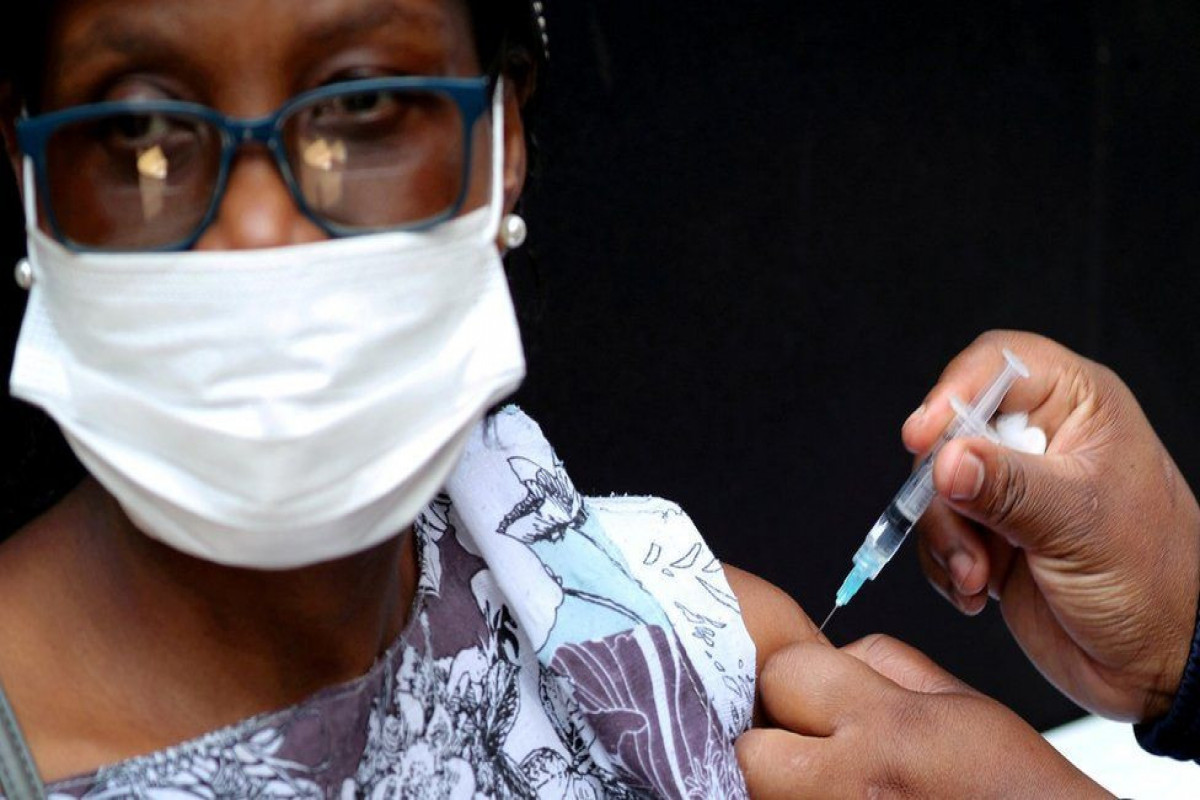The World Health Organization (WHO) has declared a new coronavirus variant to be "of concern" and named it Omicron, APA reports citing BBC
It had a large number of mutations, and early evidence suggested an increased reinfection risk, the WHO said.
It was first reported to the WHO from South Africa on 24 November, and has also been identified in Botswana, Belgium, Hong Kong and Israel.
A number of countries have now decided to ban or restrict travel to and from southern Africa.
Travellers from South Africa, Namibia, Zimbabwe, Botswana, Lesotho and Eswatini will not be able to enter the UK unless they are UK or Irish nationals, or UK residents.
US officials said flights from South Africa, Botswana, Zimbabwe, Namibia, Lesotho, Eswatini, Mozambique and Malawi would be blocked, mirroring earlier moves taken by the. It will come into effect on Monday.
EU countries and Switzerland have also temporarily halted flights to and from some southern African countries.
It is not uncommon for a virus to change, or mutate, over time. A virus variant becomes a variant of concern when that mutation might affect things like transmissibility, virulence or the effectiveness of vaccines.
'Bad news - but not doomsday'
On Friday, the WHO said the number of cases of this variant, initially named B.1.1.529, appeared to be increasing in almost all of South Africa's provinces.
"This variant has a large number of mutations, some of which are concerning," the UN public health body said in a statement.
It said "the first known confirmed B.1.1.529 infection was from a specimen collected on 9 November".
The WHO said it would take a few weeks to understand the impact of the new variant, as scientists worked to determine how transmissible it was.
A top UK health official warned that vaccines would "almost certainly" be less effective against the new variant.
But Professor James Naismith, a structural biologist from the University of Oxford, added: "It is bad news but it's not doomsday."
He said mutations in the variant suggested it may spread more quickly - but transmissibility "is not just as simple as 'this amino acid does this'" and was determined by how mutations worked together.
Only about 24% of South Africa's population is fully vaccinated, which could spur a rapid spread of cases there, Dr Mike Tildesley, a member of the Scientific Pandemic Influenza Modelling group (Spi-M), told the BBC on Friday.
Meanwhile, US infectious disease chief Dr Anthony Fauci said that while the reports on the new variant threw up a "red flag", it was possible that vaccines might still work to prevent serious illness.
"Until it's properly tested... we don't know whether or not it evades the antibodies that protect you against the virus", Dr Fauci told CNN.




 UPDATED'>
UPDATED'>

